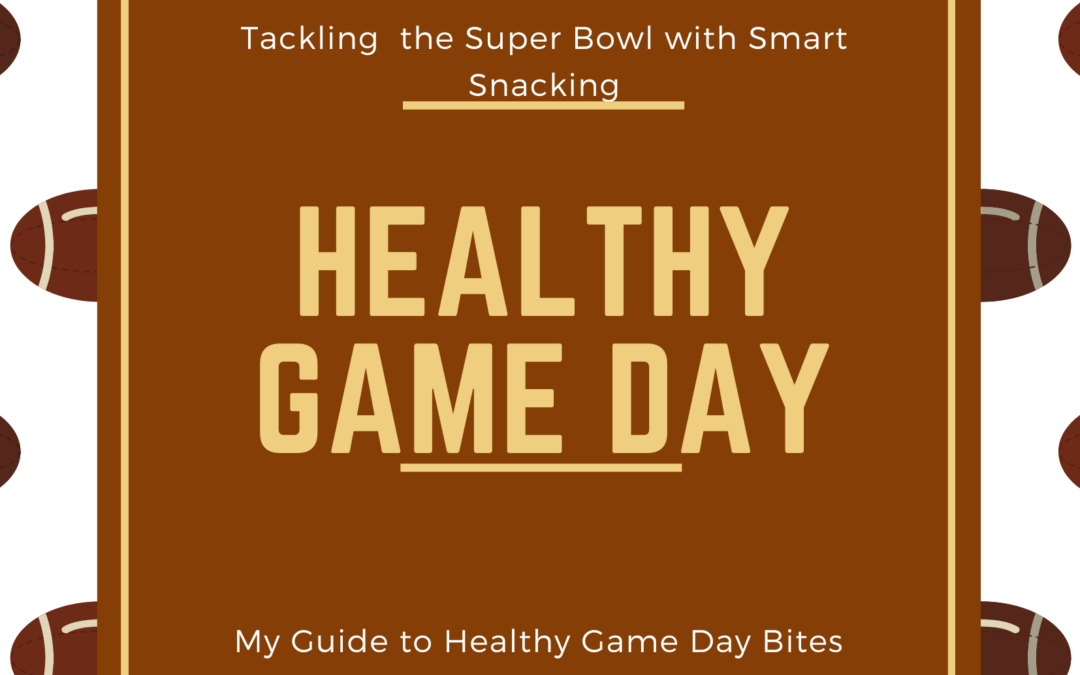
Maybe you have been introduced to the keto diet by a friend or took notice to the growing fad while scrolling through social media. To some, this diet appears to be a miracle cure while others express negative opinions for its negative side effects. Let’s explore the keto diet so you may better determine if this diet may benefit you. To begin, what foods are incorporated into the keto diet? While abiding by the keto diet, the primary source of fuel for the body is fat. The diet includes food items naturally high in fat or protein including nuts and seeds, avocados, fatty fish, and whole fat dairy. If there were a keto menu you would not find carbohydrates such as potatoes, rice, pasta, corn or bread. Below is what a typical day may look like.
- Breakfast: Egg Omelets with spinach, cooked in butter
- Lunch: Grilled chicken thighs with roasted veggies mixed with olive oil and herbs
- Snack: Full fat Greek yogurt
- Dinner: Baked salmon topped with avocado
So why no carbohydrates? Carbohydrates are broken down through a process called glycolysis while proteins and fats are broken down through a process called gluconeogenesis. These two processes, while both ultimately produce energy, have very different methods of doing so. During the keto diet, the intention is to eat strictly fats and proteins and to rely on gluconeogenesis. After three to four days of not eating carbohydrates, the body goes into a state called “ketosis”. A fancy word which basically means all your energy is coming from non-carbohydrate sources. As the body shifts into ketosis and ultimately relies on ketones for energy there are many changes which ensue. Listed below are the positive benefits noted to be experienced by those who follow the keto diet and enter “ketosis”. While there is some science which can validate the reasoning behind these claims, more research will be needed.
- Weight Loss
- Improved cholesterol ratios, higher “good” cholesterol and lower “bad” cholesterol
- Improved skin conditions and reduced acne
- Blood sugar improvements
- Endurance improvements
The most valid research regarding the keto diet lies in its ability to improve symptoms of those who are diagnosed with epilepsy. Ketogenic diets have been used to help control seizures associated with this condition since the 1920s. If you are someone interested in the keto diet to improve symptoms of epilepsy, it is best to speak with your doctor before attempting the diet.
We have now listed the positives, but what negative symptoms might someone experience when adopting the keto diet? The most common side effects are usually mild and include the following:
- Constipation
- Low blood sugar
- Indigestion
- Weakness
- Headache
Other, less common, side effects may have more detrimental effects to the body and could require medical attention. These side effects include the following:
- kidney stones
- Acidosis
- Fatty liver
You now know the positive and negative possibilities of the Keto diet so you are likely wondering… Is this diet good for me? Well it really depends! Not everyone is going to experience the same benefits nor experience the same side effects because everyone’s body is different, but we can help you make a better educated decision. Below are three questions which can help steer you in your decision.
- Are you interested in this diet because you experience seizures due to epilepsy? If you answer yes to this question, then we can tell you that the most research regarding this diet points to it benefiting those with this condition!
- Are you interested in this diet because you want to lose weight? If you answer yes to this question, then we can tell you there is some evidence regarding the ability of this diet to cause you to lose weight and here’s why. Your body uses energy to break down your foods into energy, crazy to think huh? It gets more interesting because proteins and fats take more energy to be broken down into energy than carbohydrates do. When you are eating only fats and proteins you are burning more calories naturally than if you were eating a diet high in carbohydrates.
- Are you trying to better your overall health? This one gets tough because it really depends on several factors but there is interesting information we can provide. Here is a link to Stanford Nutrition Director Christopher Gardner’s lecture regarding a number of diets and how they stack up during his studies. https://www.youtube.com/watch?v=eREuZEdMAVo&t=813s
In summary, this diet will not be picture perfect for everyone. The keto diet has been researched thoroughly regarding its ability to help treat epilepsy but beyond that, things start to get a little iffy. As an RD we strongly suggest variety and balance and support diets and nutrition protocols which have valid research. If you have read this far and want to try the diet out, go on ahead! Just make sure you are not at greater risk for the complications mentioned and be sure to follow up with your doctor if you experience significant side effects. Finding the right diet for you takes plenty of trial and error but the benefits you may experience once you find your sweet spot are well worth it! Do not hesitate to reach out if you wish to have the help of Ms. Martin as you find your dietary niche.
By: Andrew Innes, Dietetic Intern





